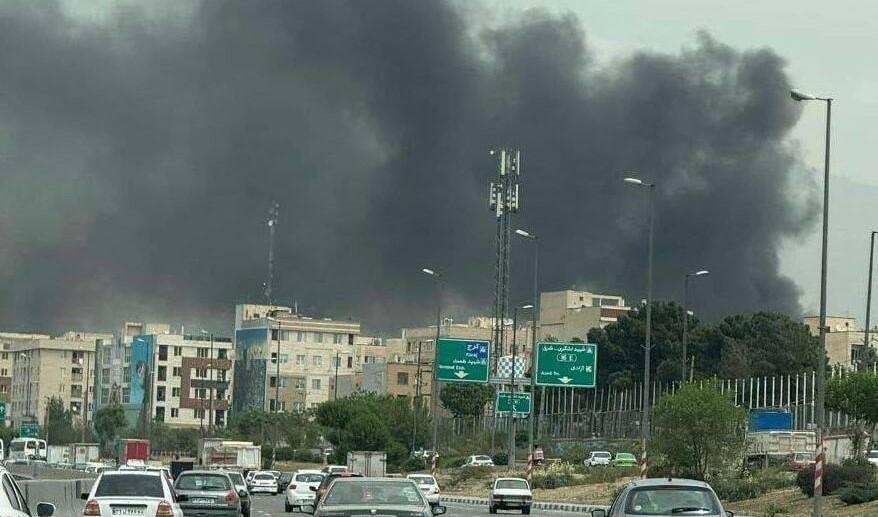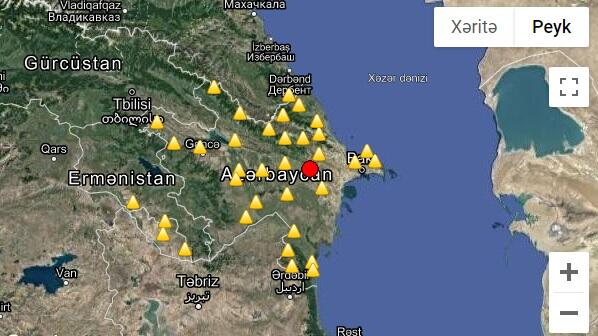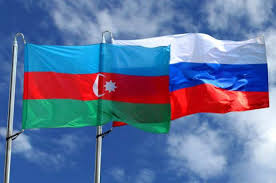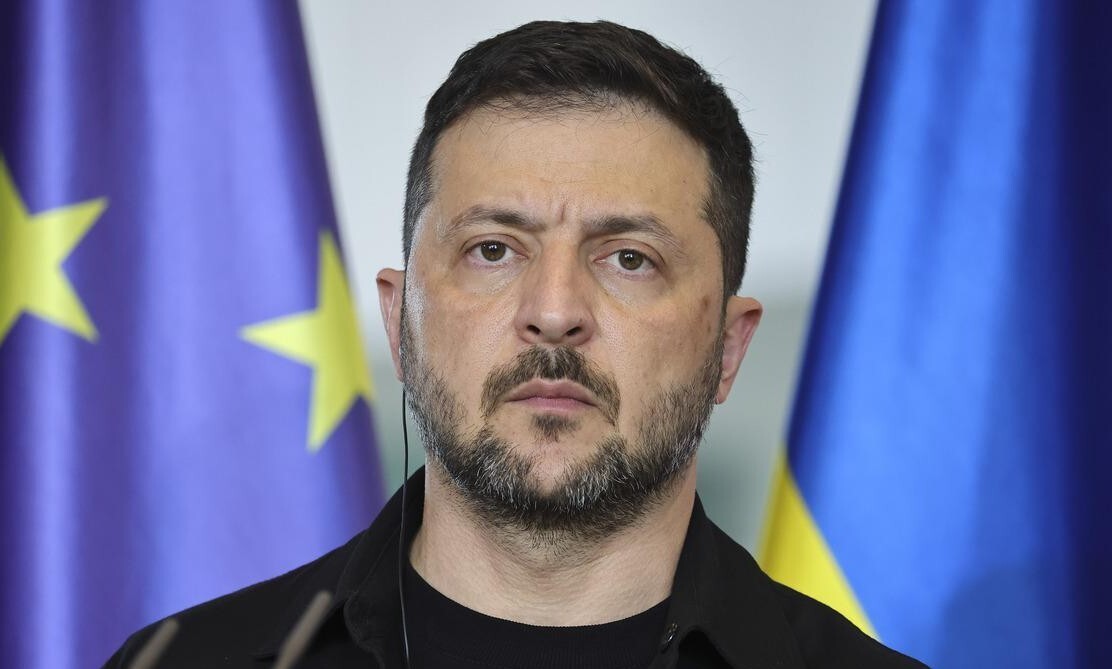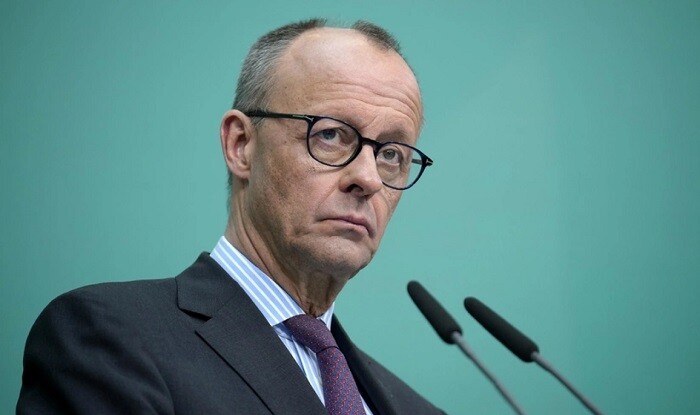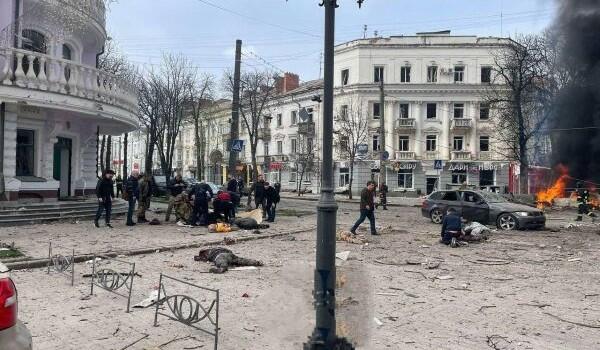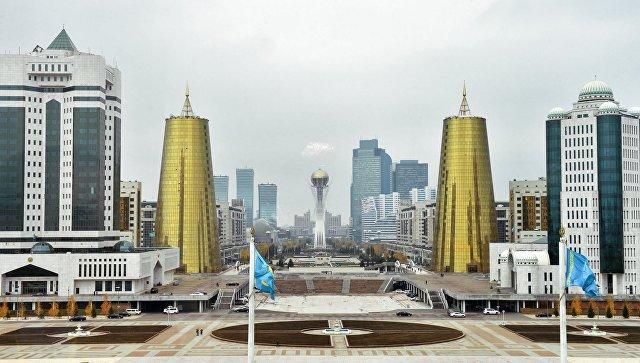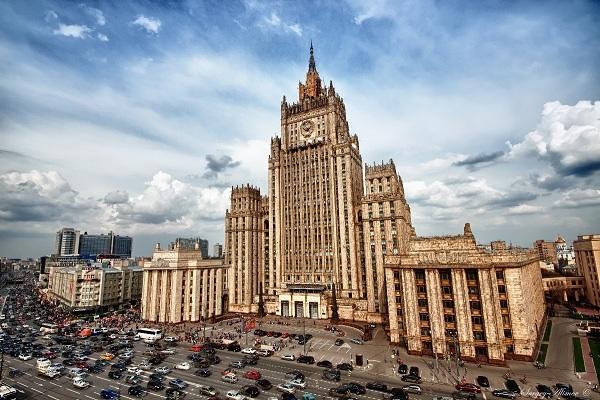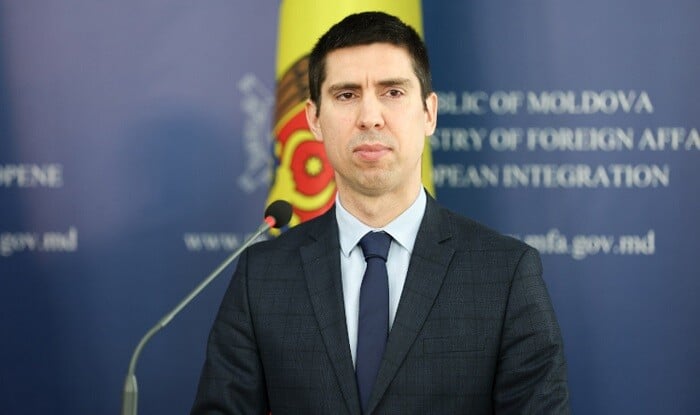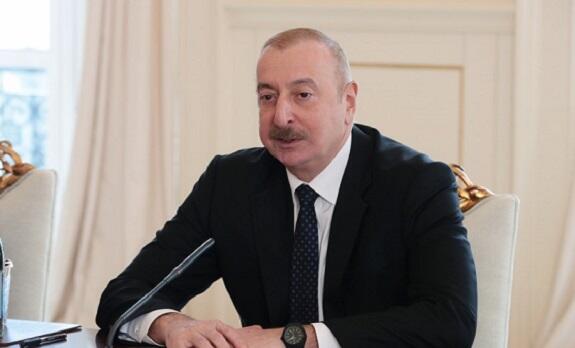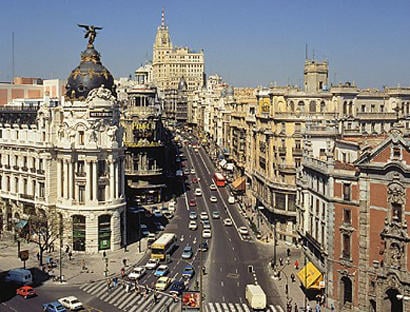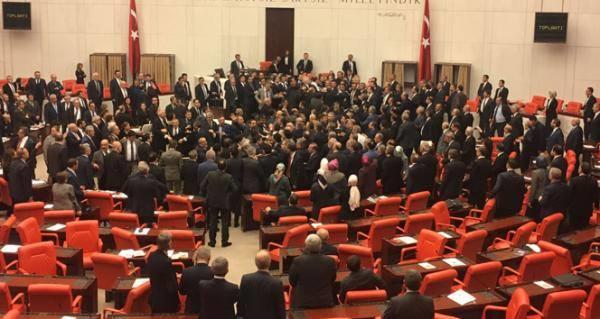Spain and Portugal lost power Monday in a massive electricity blackout that affected public transport systems, traffic lights and hospitals.
Axar.az reports , citing Politico, outages were reported from Madrid to Lisbon, with large parts of the Iberian Peninsula without power as of early Monday afternoon. No firm explanation was given immediately and a cyberattack wasn't ruled out.
In a statement on X, Spanish transmission system operator Red Eléctrica, which manages the flow of electricity at the national level, said that protocols had been activated to “restore electricity supply in collaboration with sector companies following the blackout that occurred in the peninsular system.”
“The causes are being analyzed, and all resources are being dedicated to resolving it,” the operator said.
"The President of the Government, Pedro Sánchez, along VP Sara Aagesen are now at the Red Eléctrica control center, to learn firsthand about the situation affecting the electricity supply," Madrid's energy ministry said Monday afternoon.
"The Government is working to determine the origin and impact of this incident and is dedicating all its resources to resolve it as quickly as possible," it added.
Spain and Portugal have a highly integrated energy grid that operates as an energy island and is linked to the rest of Europe through a small number of cross-border interconnections with France.
According to Expresso, Portugal’s E-Redes operator said the blackout was due to a "problem in the European power grid.” Portuguese grid operators said that data collected following the blackout suggested a voltage imbalance was responsible for the collapse.
Traffic lights blinked off and metro systems ground to a halt across Spain and Portugal as the flow of power was abruptly cut around 12:30 p.m. Although both countries’ hospitals are equipped with generators, authorities indicated that staff had been asked to turn off computers and take other steps to conserve power because it’s unknown how long the blackout could last.
“A crisis committee has been set up to manage the situation [in Spain]," an official briefed on the situation in Spain said. "At this stage there’s no evidence yet regarding the cause of the massive blackout. A cyberattack has not been ruled out and investigations are ongoing,”
The European Commission has for years called for greater integration of the countries’ energy systems, but while Madrid, Lisbon and Paris have repeatedly signaled their will to move forward with that plan, advances have been slow to come.
While authorities are investigating the possibility of a cyberattack, major blackouts have previously been triggered by minor disruptions to elements of the European grid. In 2003 the entirety of Italy was left without power after a power line in Switzerland was disabled by a tree.
Spanish authorities asked residents not to call emergency services for information, warning that telephone centers were already being overwhelmed with calls.
Portuguese Presidency Minister António Leitão Amaro told Lusa that the blackout appears to have been caused by “a problem in Spain’s transportation network, the exact details of which have yet to be identified.”
In a statement, Spanish gas operator Enagás said it had "activated emergency systems" to ensure critical infrastructure was protected. However, demand for fuel for power stations and heavy industry is being met and the network is safe, it added.


